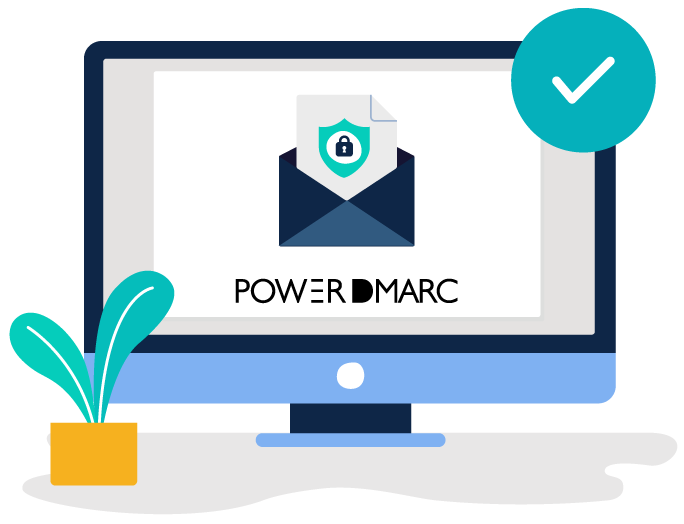DMARC Services for Hosting & Cloud Service Providers
Whether you’re an email web, or cloud hosting provider, you’ll know that domain hosting is more fraught with security risks than ever before. If your customers are hit with a phishing attack, they might lose their trust in your services.


